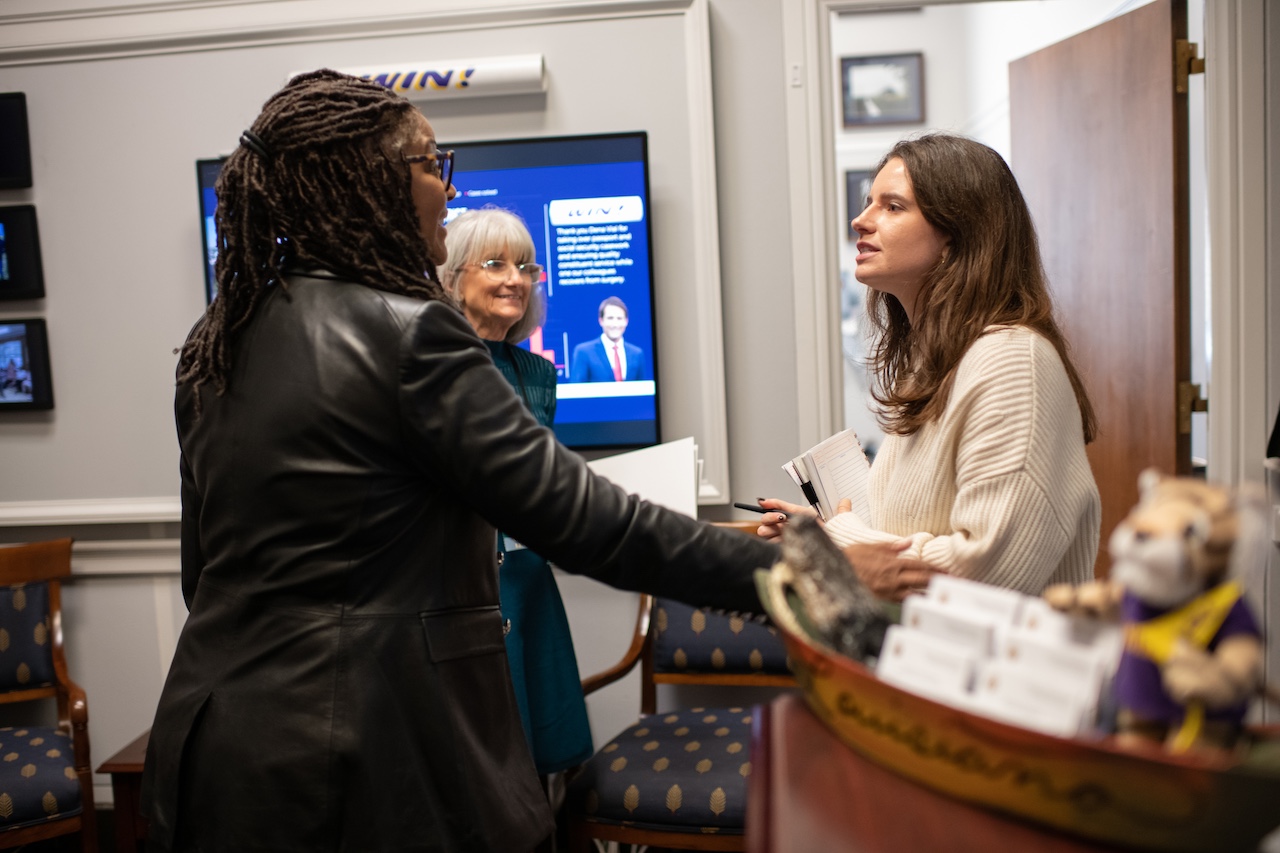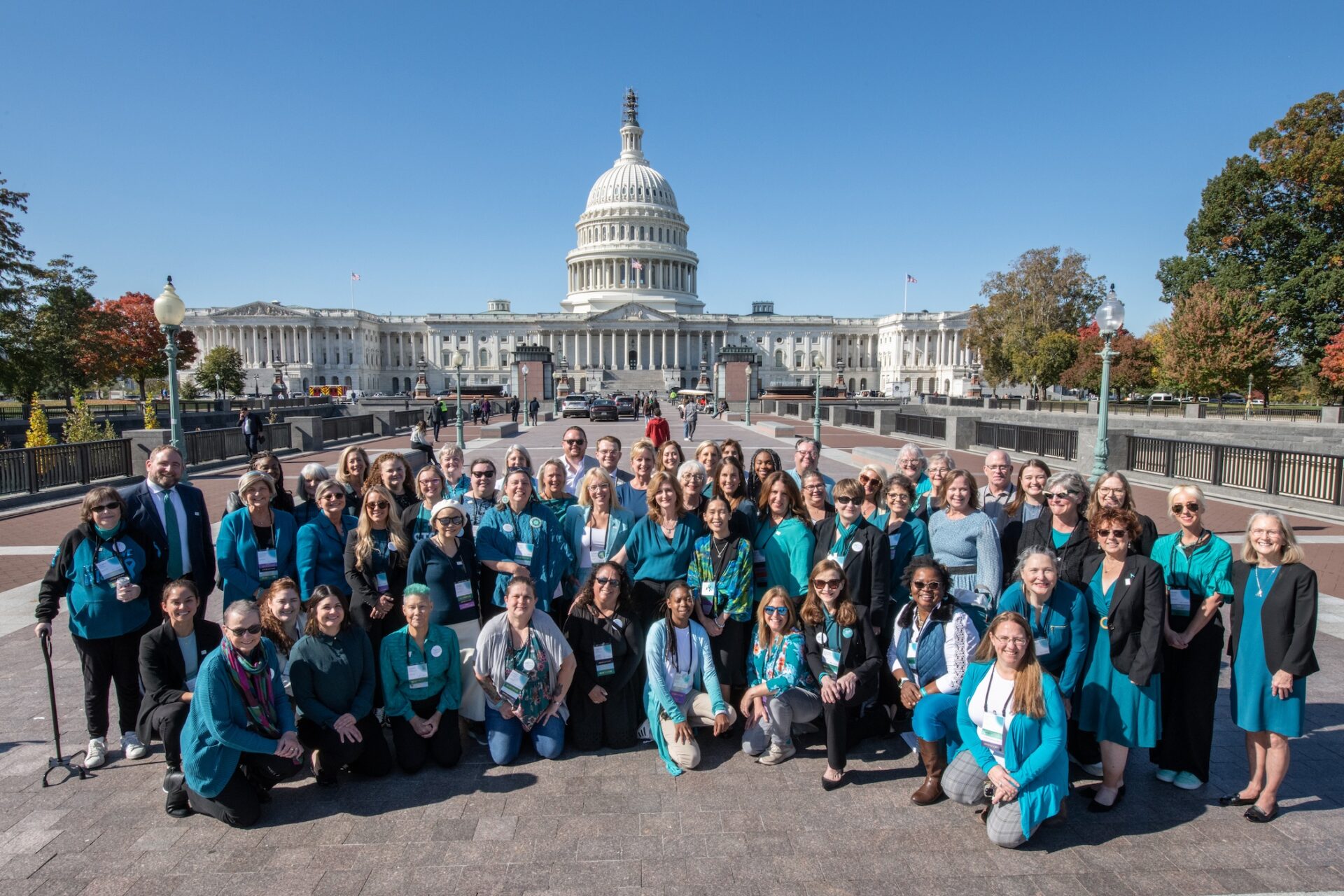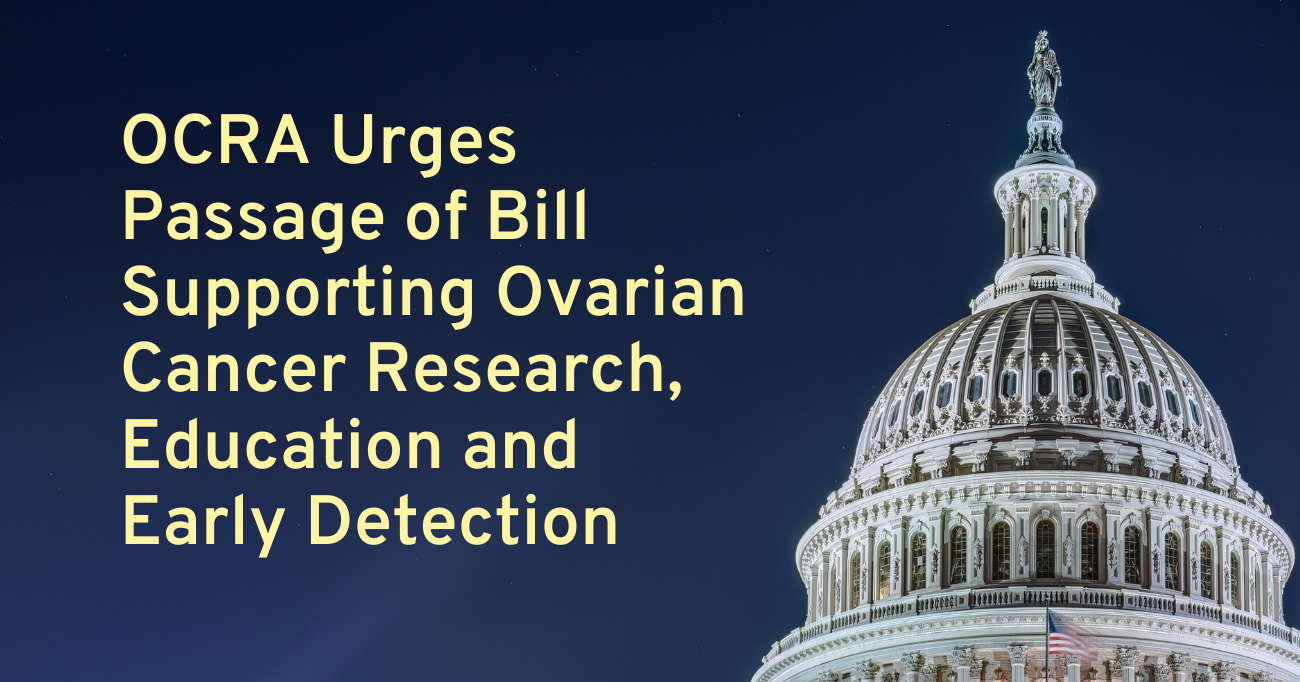The following is a statement from The White House, published on July 13, 2022.
Today, President Joe Biden announced his intent to appoint Dr. Mitchel Berger, Dr. Carol Brown, and Dr. Elizabeth Jaffee to the President’s Cancer Panel. The three are distinguished members of the scientific, research, and public health communities appointed by the President to advise him on barriers to and opportunities for progress in reducing the burden of cancer.
In addition, First Lady Jill Biden, Cabinet Members, and Biden-Harris Administration leadership are holding a Cancer Cabinet meeting today to unveil priority actions and new members, advancing the President’s vision for ending cancer as we know it. The Cancer Cabinet has identified priorities to: (1) close the screening gap, (2) understand and address environmental exposure, (3) decrease the impact of preventable cancers, (4) bring cutting edge research through the pipeline to patients and communities, and (5) support patients and caregivers. This Cancer Cabinet also added the Departments of Commerce and Labor, the National Aeronautics and Space Administration, and the White House Gender Policy Council.
Since the Cancer Cabinet’s prior meeting, additional steps that mark progress for the millions of Americans facing a cancer diagnosis have been announced by the Biden-Harris Administration including: the Centers for Disease Control and Prevention (CDC) issuing more than $200 million in grants to advance national cancer prevention and control through cancer screening programs reaching every state, U.S. territories, and tribal organizations; the Centers for Medicaid & Medicare Services (CMS) launching a new model to deliver patient-centered care that improves outcomes and reduces the cost of cancer care; the U.S. Patent and Trademark Office (USPTO) announcing the extension of a program to fast-track cancer immunotherapy applications; the Food and Drug Administration (FDA) pursuing steps to significantly reduce tobacco-related morbidity and mortality in the United States as part of cancer prevention efforts, and announcing that for the first time in over 50 years, the White House will host a Conference on Hunger, Nutrition, and Health and release a national, whole-of-government strategy to end hunger and reduce diet-release disease (which includes some cancers) this September.
In February, President Biden reignited the Cancer Moonshot with renewed White House leadership and new ambitious goals: to reduce the death rate from cancer by at least 50 percent over the next 25 years, and improve the experience of people and their families living with and surviving cancer – and, by doing this and more, end cancer as we know it today. In March, in his first State of the Union Address, President Biden highlighted the Cancer Moonshot as part of his Unity Agenda for the nation. The White House convened the Cancer Cabinet to establish a prioritized agenda across government including the development of new interagency programs and collaborations and announced initial steps for the Cancer Moonshot.
To add your story, ideas, or new actions and collaborations, engage with us at: whitehouse.gov/cancermoonshot.
Appointment of President’s Cancer Panel
President Biden selected new members of the President’s Cancer Panel, a volunteer panel of experts who advise the President on how to use the resources of the federal government, particularly through the cancer research program, to make progress for people facing a cancer diagnosis and to reduce the burden of cancer on the American population:
- Dr. Elizabeth M. Jaffee, to serve as Chair, is an internationally recognized expert in cancer immunology and pancreatic cancer. She is the Deputy Director of the Sidney Kimmel Comprehensive Cancer Center at Johns Hopkins, Co-Director of the Skip Viragh Pancreatic Cancer Center, and Associate Director of the Bloomberg Kimmel Institute for Cancer Immunotherapy. Jaffee is a Past President of the American Association for Cancer Research. She has served on a number of committees at the National Cancer Institute, including co-chair of the Blue Ribbon Panel that provided scientific advice to then-Vice President Biden’s Moonshot Initiative and as Past Chair of the National Cancer Advisory Board. She is the inaugural Director of the new Convergence Institute at Johns Hopkins. She was recently elected to the National Academy of Medicine and is a Fellow of the Academy of Immuno-Oncology, a Fellow of the American Association for the Advancement of Science, a Fellow of the American Association of Cancer Research, and a Fellow of the American College of Physicians.
- Dr. Mitchel Berger is a Neurological Surgeon who has spent his entire career taking care of and operating on patients with brain tumors. In addition, he has been funded by the National Institutes of Health and National Cancer Institute (NCI) to conduct basic science research in brain tumor biology including the molecular markers that determine the growth and treatment patterns of these tumors. For 20 years, Berger has been the Principal Investigator for Brain SPORE (Specialized Program of Research Excellence), funded by NCI, and he directs the University of California San Francisco (UCSF) Brain Tumor Center, composed of its NeuroOncology Clinical Trials Program and Brain Tumor Research Center. Previously, he served as Chair of the Department of Neurological Surgery at UCSF and following 23 years of service in this capacity remains a full time Professor of Neurological Surgery at UCSF. Berger also served as the President of two leading national organizations, the American Association of Neurological Surgeons and the Society of NeuroOncology. He served as a member of the Blue Ribbon Panel for the Cancer Moonshot Initiative led by then-Vice President Biden under the direction of President Obama.
- Dr. Carol Brown is a board-certified gynecologic oncologist who is the Senior Vice President and Chief Health Equity Officer at Memorial Sloan Kettering (MSK) Cancer Center and the incumbent of the Nicholls-Biondi Chair for Health Equity. Brown’s career is focused on three areas: providing high-quality and compassionate surgical care to women with gynecologic cancer; eliminating cancer health disparities; and promoting public policy to increase awareness, improve care, and increase research funding for gynecologic and other cancers. As MSK’s Chief Health Equity Officer, Brown addresses cancer disparities that exist due to racial, ethnic, cultural, or socioeconomic barriers, and is responsible for center-wide initiatives to achieve health equity for medically underserved populations. This includes efforts to increase participation in clinical trials such as the Cancer Health Equities Research Program, a unique partnership between MSK investigators and community oncologists to bring MSK clinical trials to underserved patients at their local institutions. Brown’s national leadership positions include serving as the 50th President of the Society of Gynecologic Oncology (SGO), former Co-Chair of the NRG Oncology Health Disparities Committee, and as a member of the American College of Surgeons Board of Regents. Brown was the first Black female to lead the SGO, an organization whose 2,000 members are dedicated to caring for women with gynecologic cancers and advancing research in the field.
Priority Actions for the Cancer Cabinet
When President Biden re-ignited the Cancer Moonshot, he announced seven pillars that define how we know cancer today to provide a shared agenda on which to make progress. This includes possibilities for progress in cancer early detection, prevention, equity, precision medicine, rare and childhood cancer, supporting patients and caregivers, and learning from patients. The Cancer Cabinet outlined the following priority actions on which agencies are working together and through their own programming to make progress on this vision for ending cancer as we know it.
- Close the Screening Gap: Americans missed nearly 10 million cancer screenings as compared to prior years due to the COVID-19 pandemic. Through targeted and coordinated programs, we should cut that deficit by providing access to more cancer screening opportunities and expand equitable access to cancer early detection.
- Understand and Address Environmental and Toxic Exposures: Studies have shownthat exposure to some environmental contaminants and toxic chemicals can lead to a higher risk of certain types of cancer. Through a robust scientific research and regulatory agenda, the United States can do more to understand the impact of environmental exposure in an effort to better regulate and eliminate exposures related to cancer.
- Decrease the Impact of Preventable Cancers: Thanks to scientific advancements, there are more tools today than ever before to prevent cancer. There are also healthy lifestyle choices like nutrition, tobacco cessation, others as well as tools such as the HPV vaccine and Hepatitis C antivirals that can prevent cervical, head and neck, and liver cancer, respectively. Additionally, advances in colonoscopy technology enable detection and removal of pre-cancerous growths to prevent the development of colon cancer in more individuals. Additional efforts are needed to expand access to these cancer-prevention approaches along with public health campaigns and community health efforts to ensure these preventative tools are reaching all populations. In doing so, there is opportunity to nearly or wholly eliminate certain cancer types.
- Bring Cutting Edge Research Through the Pipeline to Patients and Communities: The development and deployment of new ways to prevent, detect, and treat cancer will be necessary to increase cancer survival rates. In order to reach the goal of better targeting treatments to the right patients and designing new approaches to drive progress for some of the deadliest and rare cancers, including childhood cancers, investment and innovation in cancer research programs is essential. In addition, we must support the pipeline from discovery to clinical research that involves more populations, and ensure treatment innovations reach patients in communities across the United States.
- Support Patients and Caregivers: Cancer can be overwhelming to any person or family and gaps in support can lead to gaps in quality care. The Biden-Harris Administration seeks to make the experience around cancer – from screening, to getting a diagnosis, to treatment, care and survivorship – easier on those living with cancer and their caregivers. That means supporting people as they navigate through these steps, making it easier for people to access screening and diagnostics, bringing trials and quality care closer to home, providing patients and caregivers with the data and knowledge they need to make informed care decisions, and giving people with cancer and the people who care for them a seat at the table to improve our oncology system.
Expanded Cancer Cabinet Delivers on Cancer Moonshot Goals
Today, President Biden’s vision for an all-of-government response to the goals of the Cancer Moonshot expands to include the U.S. Departments of Labor and Commerce, the National Aeronautics and Space Administration (NASA), and the White House Gender Policy Council. This new leadership brings new capacity from, for example, the Department of Labor to support patients and caregivers with knowledge and resources regarding their rights to take time related to a cancer diagnosis as well as advancing a regulatory agenda to further protect workers in different settings. The Department of Commerce brings new perspectives and capabilities to speed innovation through the U.S. Patent and Trademark Office (USPTO) and the advanced manufacturing and research capabilities of the National Institute of Standards and Technology (NIST). NASA’s expertise in radiation and extreme environment provides the ability to support ground-breaking research, including on the International Space Station, expanding the tools we have to find new approaches to prevent, detect, and treat cancer.
Additional Cancer Cabinet announcements to support progress as part of the Cancer Moonshot include:
- Centers for Medicare & Medicaid Services (CMS) Improves Access to Colon Cancer Screening
To reduce barriers to getting a colonoscopy, CMS is proposing that a follow-up colonoscopy to an at-home test be considered, for coverage purposes, a “preventive service,” which means that cost sharing would be waived for people with Medicare. Additionally, Medicare is proposing to cover the service for individuals 45 years of age and above, in line with the newly-lowered age recommendation (down from age 50) from the United States Preventative Services Task Force. Colon and rectal cancer were the second-leading cause of cancer deaths in the United States in 2020, with higher colorectal cancer death rates for Black and American Indian and Alaskan Native individuals.
- CMS Launches New Model to Improve Patient Care and Outcomes, Reduce Costs: Last week, CMS launched a new, voluntary Enhancing Oncology Model (EOM) designed to test how to best place cancer patients at the center of the care team that provides high-value, equitable, evidence-based care. The EOM aims to improve care coordination, quality, and health outcomes for patients, while also holding oncology practices accountable for total costs of care to make cancer care more affordable and accessible for beneficiaries and Medicare. This model incorporates many lessons learned from the Oncology Care Model (OCM) – which launched as part of the Cancer Moonshot in 2016 – in addition to feedback from the oncology community, including OCM participants, patient advocacy groups, oncology professional associations, and others.
- USPTO Announced Further Extending the Fast-Track Program for Cancer Products: The USPTO announced a further extension of its Patents for Patients or Cancer Immunotherapy Pilot Program, which provides special status to high-priority innovations in cancer treatment. The USPTO first implemented the program in June 2016, in support of the Cancer Moonshot initiative. This program provides a fast-track review for cancer immunotherapy-related patent applications without the need for applicants to pay a petition fee. Under this program, patent applications pertaining to cancer immunotherapy are advanced out of turn for examination, resulting in their accelerated review, cutting in half the time it takes to review patent applications pertaining to cancer immunotherapy.
- Centers for Disease Control and Prevention (CDC) Provides More Than $200M for Evidence-Based Cancer Screening Programs: In June, the CDC announced first-year funding awards of $215 million in a 5-year, $1.1 billion investment into three national programs to prevent and control cancer. Eighty-six unique recipients from state, local, tribal, and territorial public health organizations and academic institutions received funding, representing all states, the District of Columbia, 18 tribal organizations, five U.S. territories, and three freely-associated states. Funded programs will demonstrate how proven strategies advance health equity and build capacity in cancer prevention and control. Outcomes include improving the provision of clinical preventive services; facilitating planning among partners to promote evidence-based strategies in communities; and improving cancer surveillance.
About the Cancer Cabinet
When President Biden re-ignited the Cancer Moonshot in February 2022, he announced a whole- of-government response, including the formation of a Cancer Cabinet to be convened by the White House, bringing together departments, agencies, and other White House components across government to address cancer on multiple fronts. Initially, these included the Department of Health and Human Services (HHS), Department of Veterans Affairs (VA), Department of Defense (DOD), Department of Energy (DOE), Department of Agriculture (USDA), Environmental Protection Agency (EPA), National Institutes of Health (NIH), National Cancer Institute (NCI), Food and Drug Administration (FDA), Centers for Medicare & Medicaid Services (CMS), Centers for Disease Control and Prevention (CDC), Office of Science and Technology Policy (OSTP), Domestic Policy Council (DPC), Office of the First Lady (OFL), Office of the Vice President (OVP), Office of Management and Budget (OMB), Office of Legislative Affairs (OLA), Office of Public Engagement (OPE), along with additional members, as needed, to help establish and make progress on Cancer Moonshot goals.


